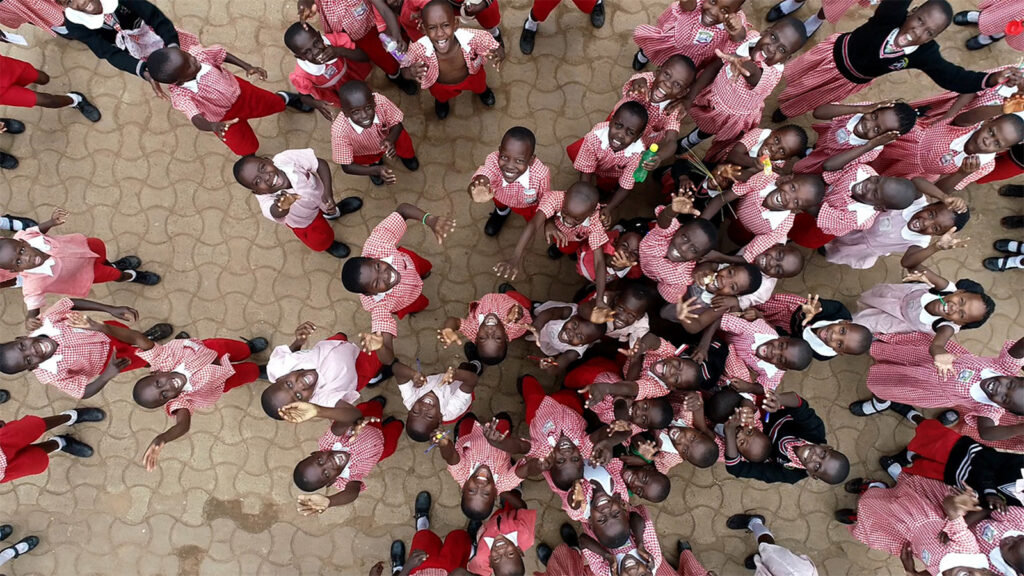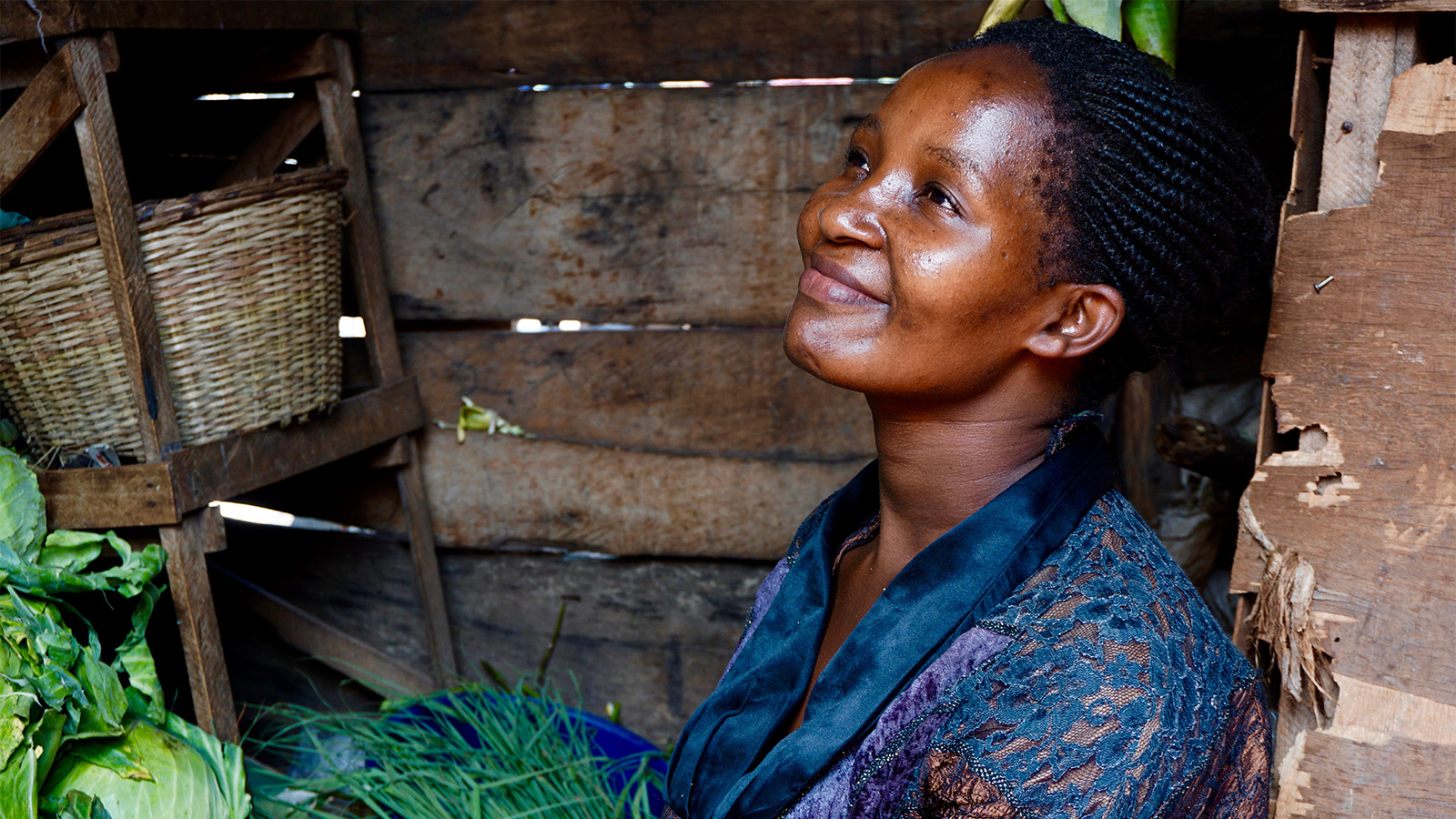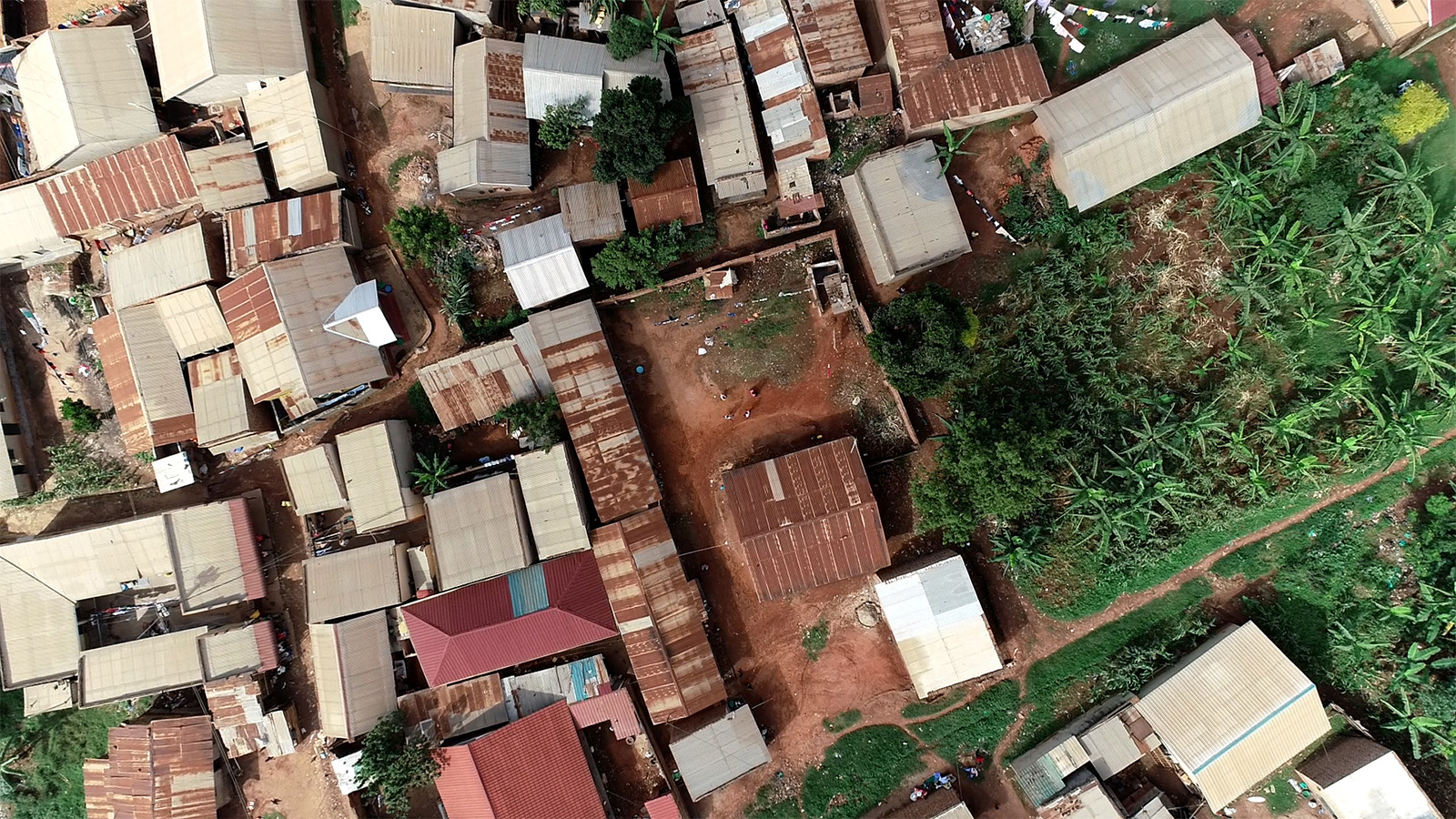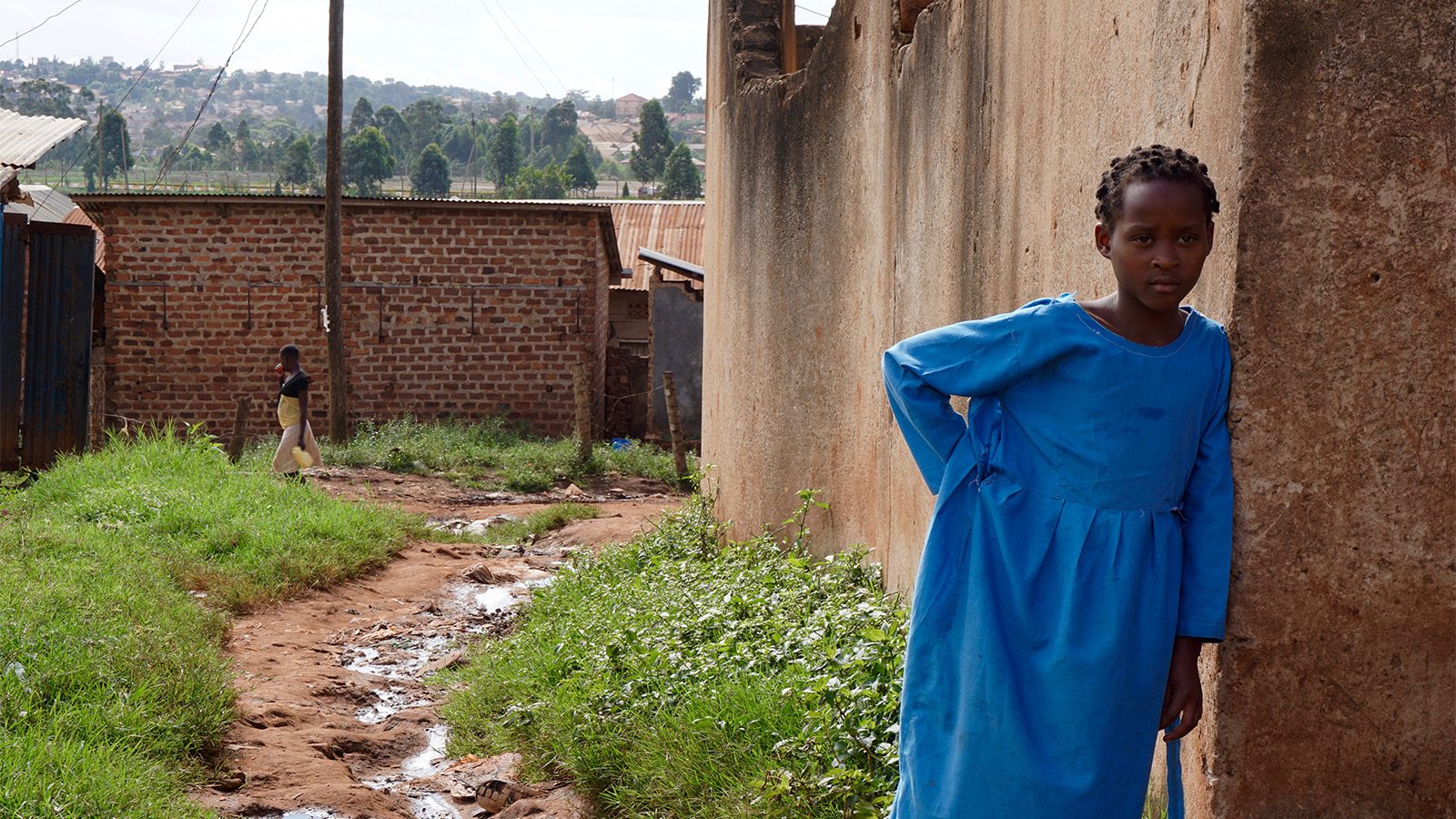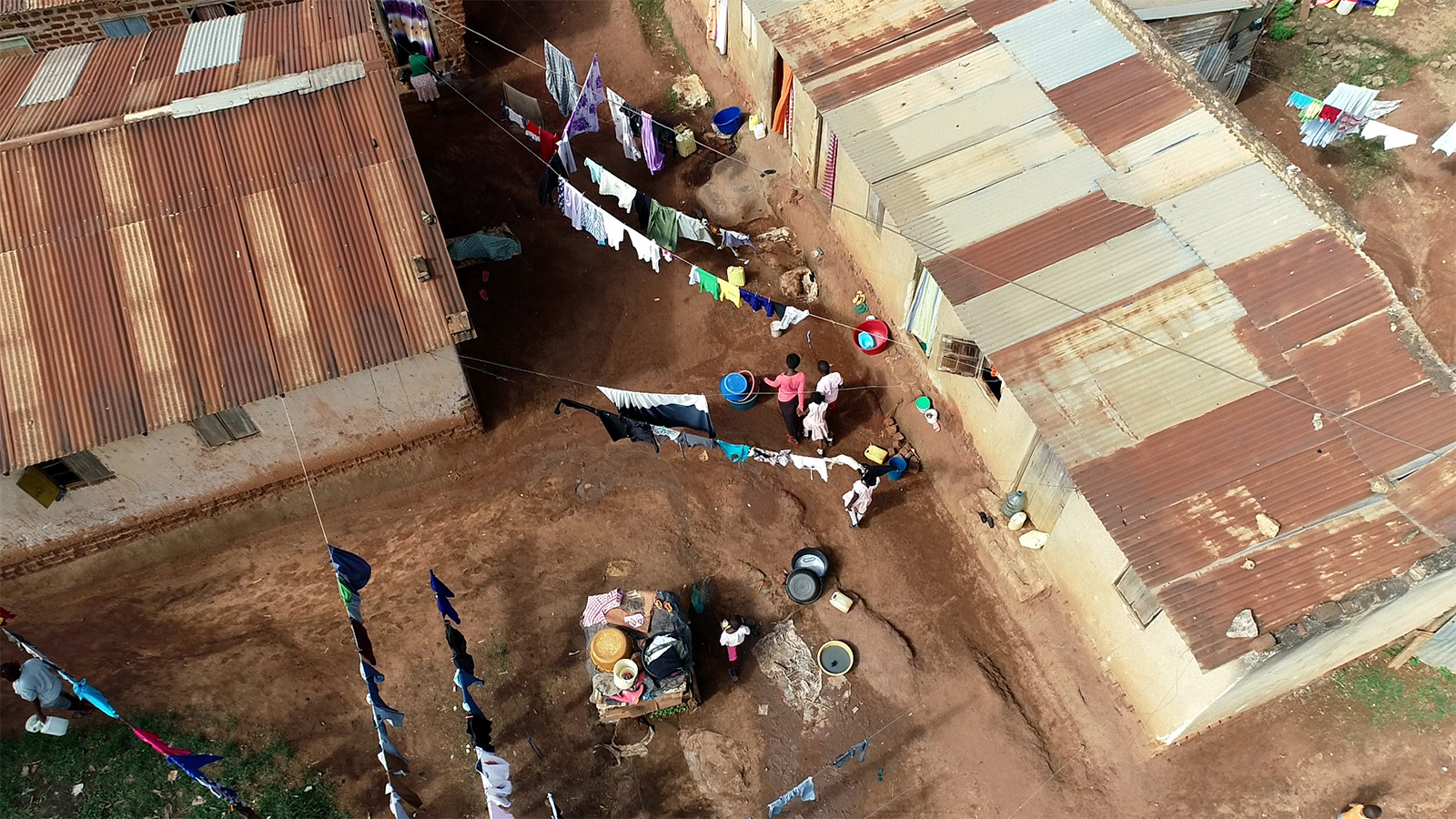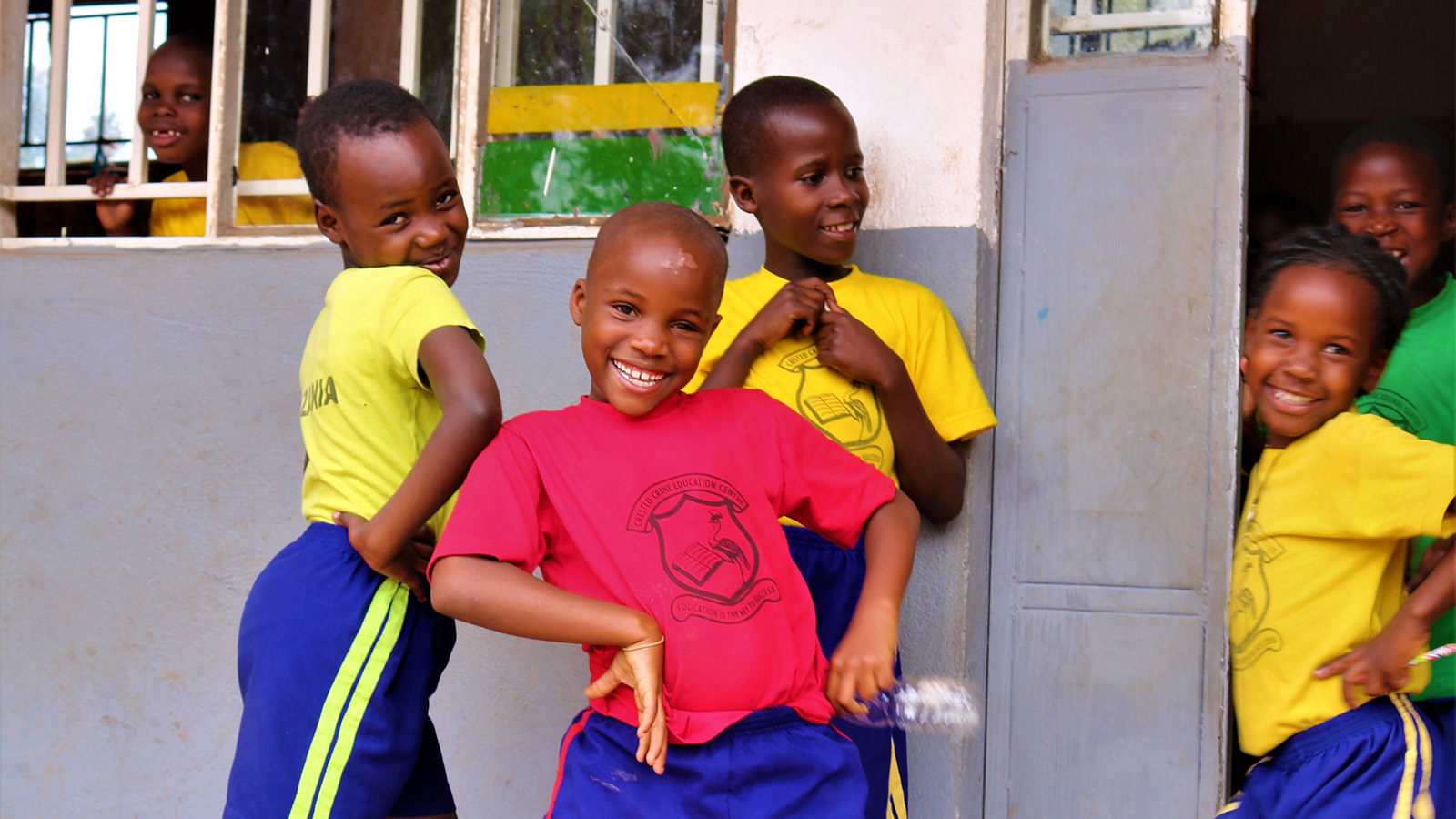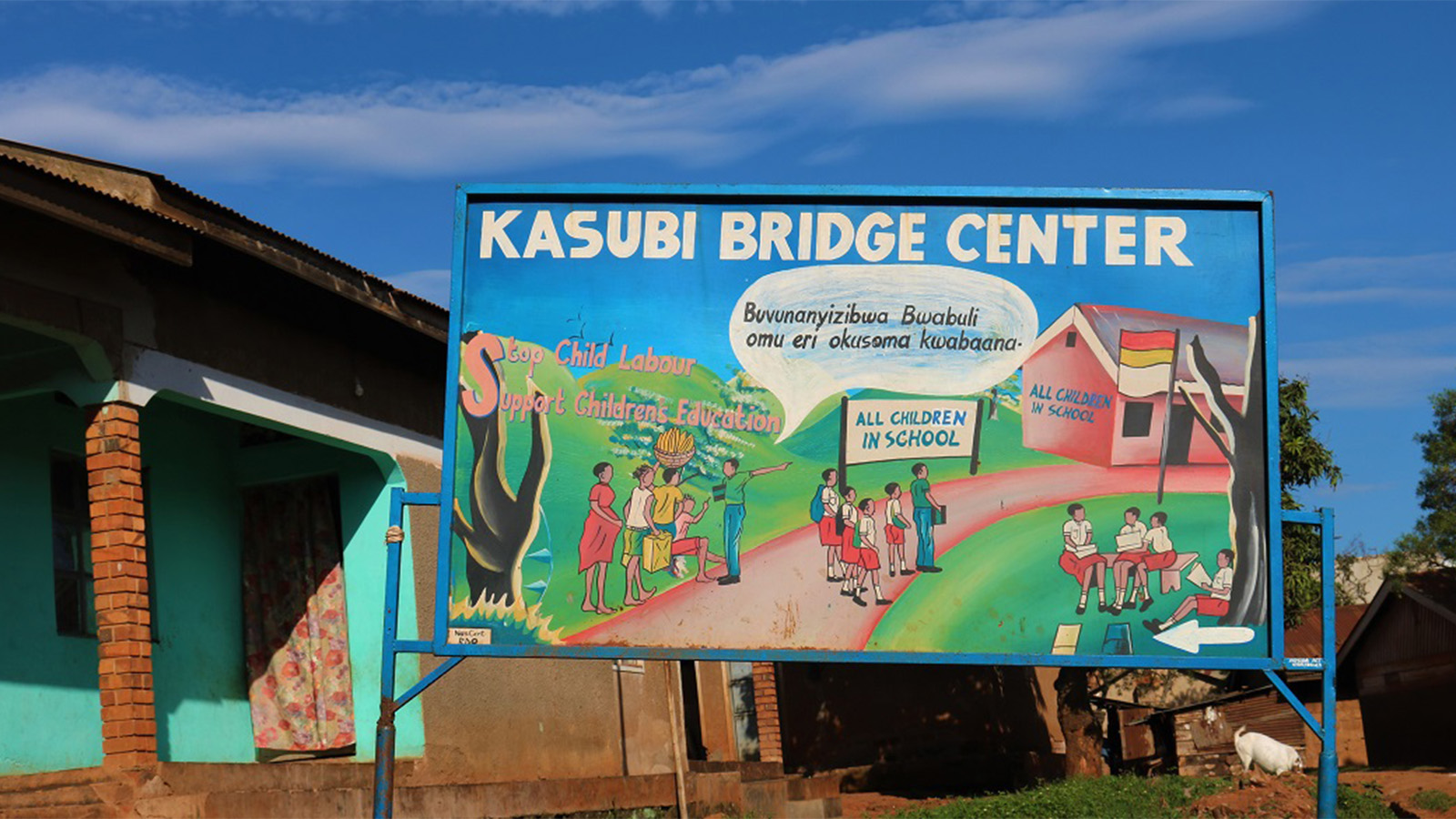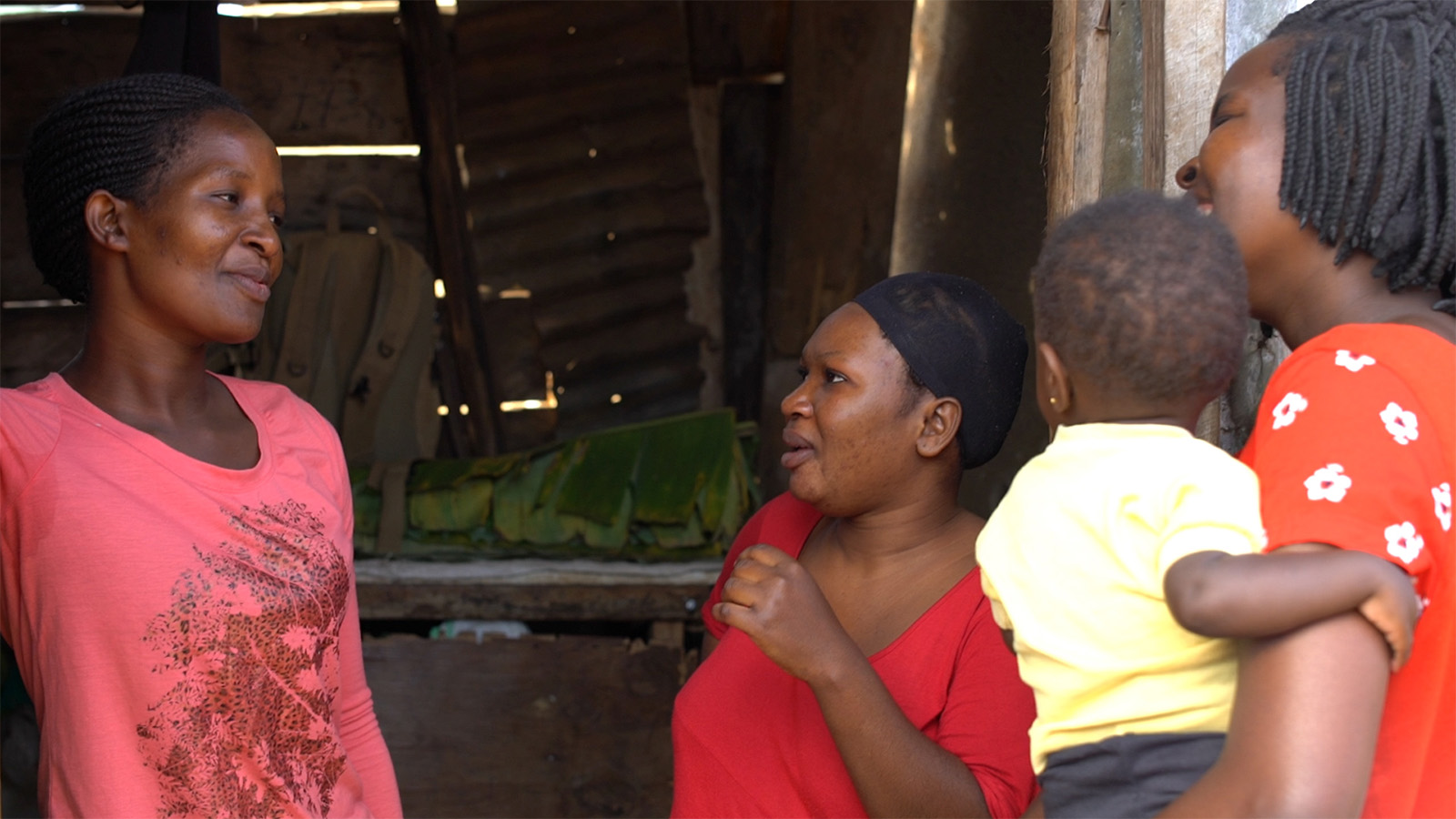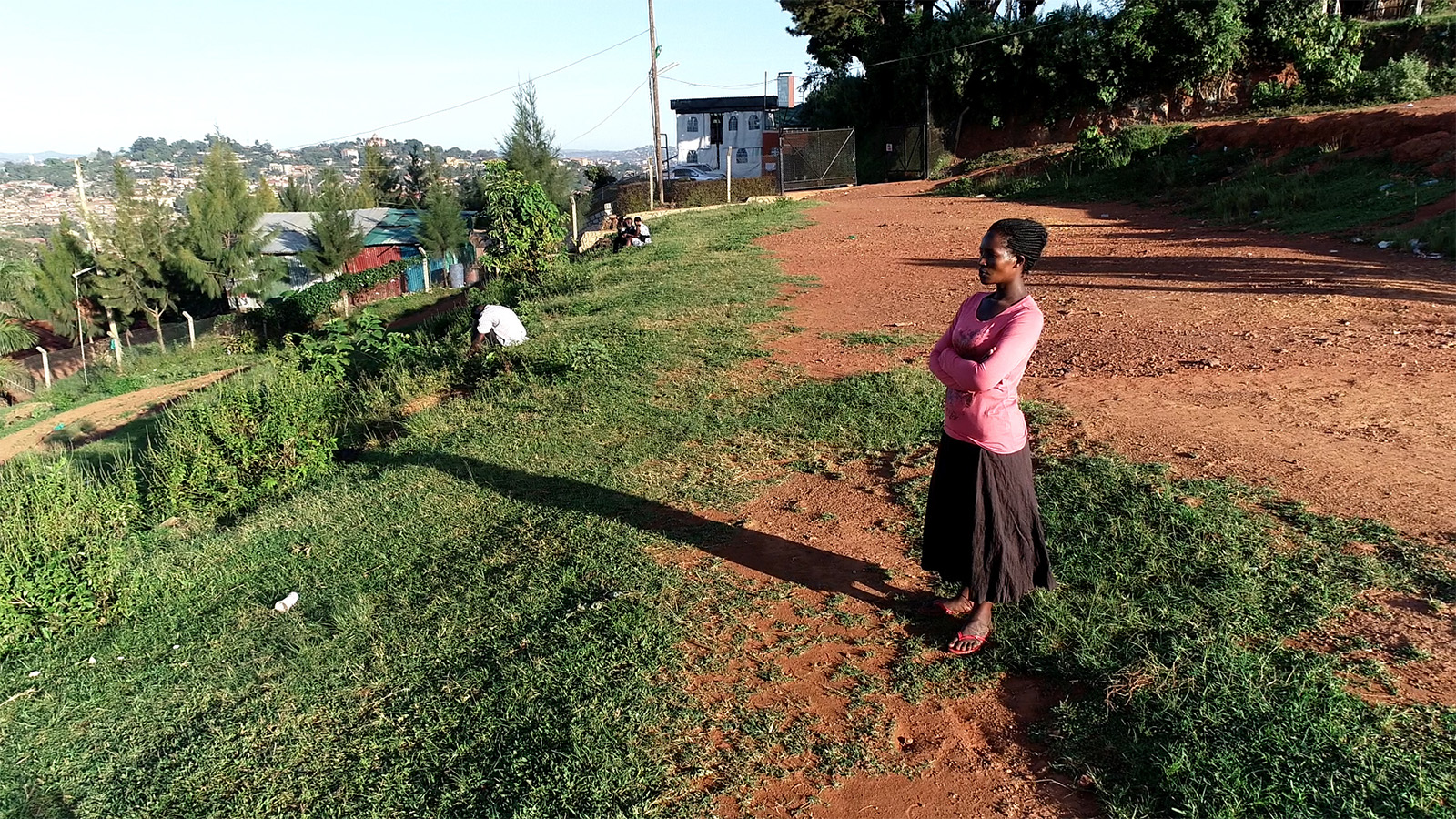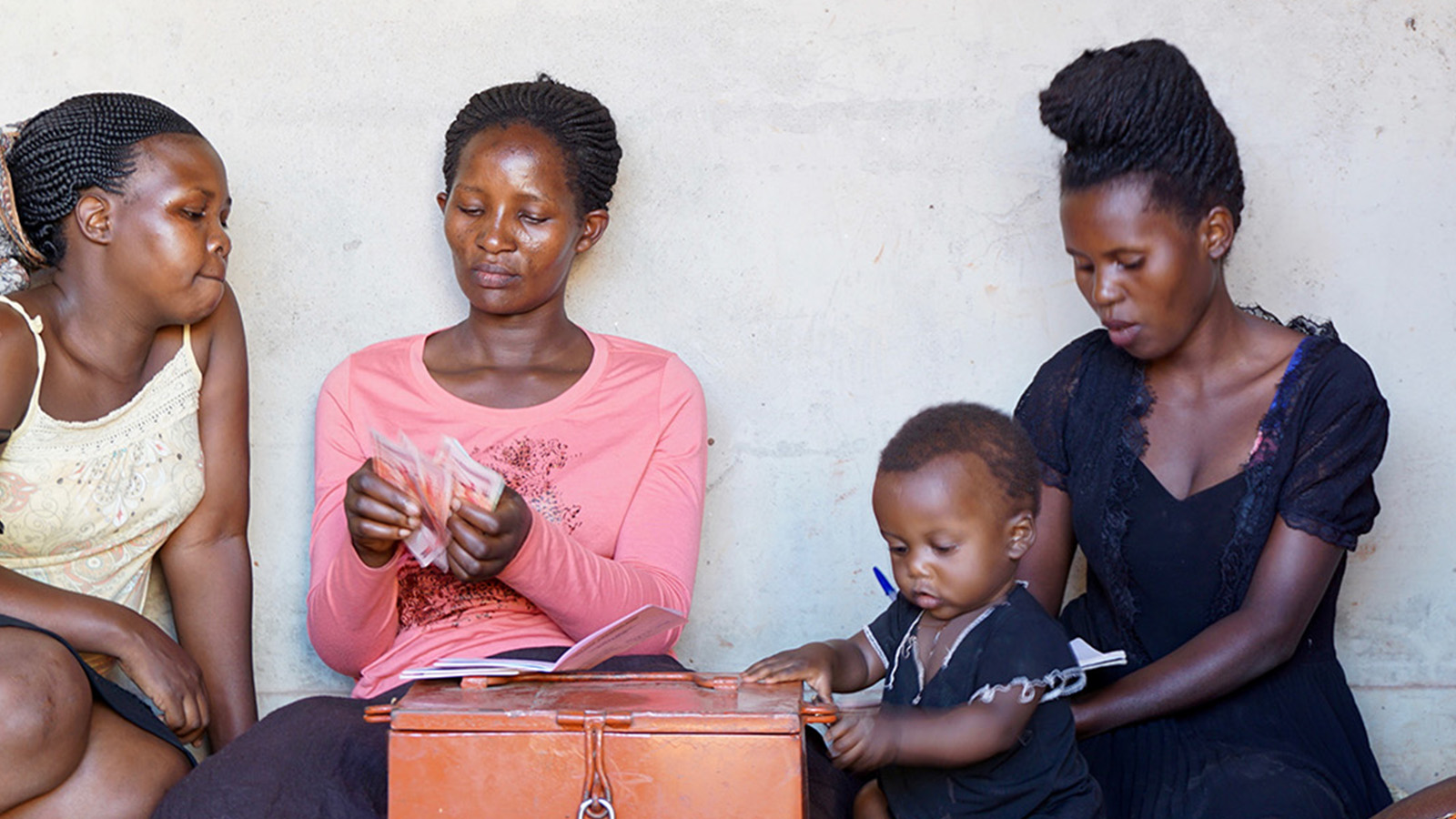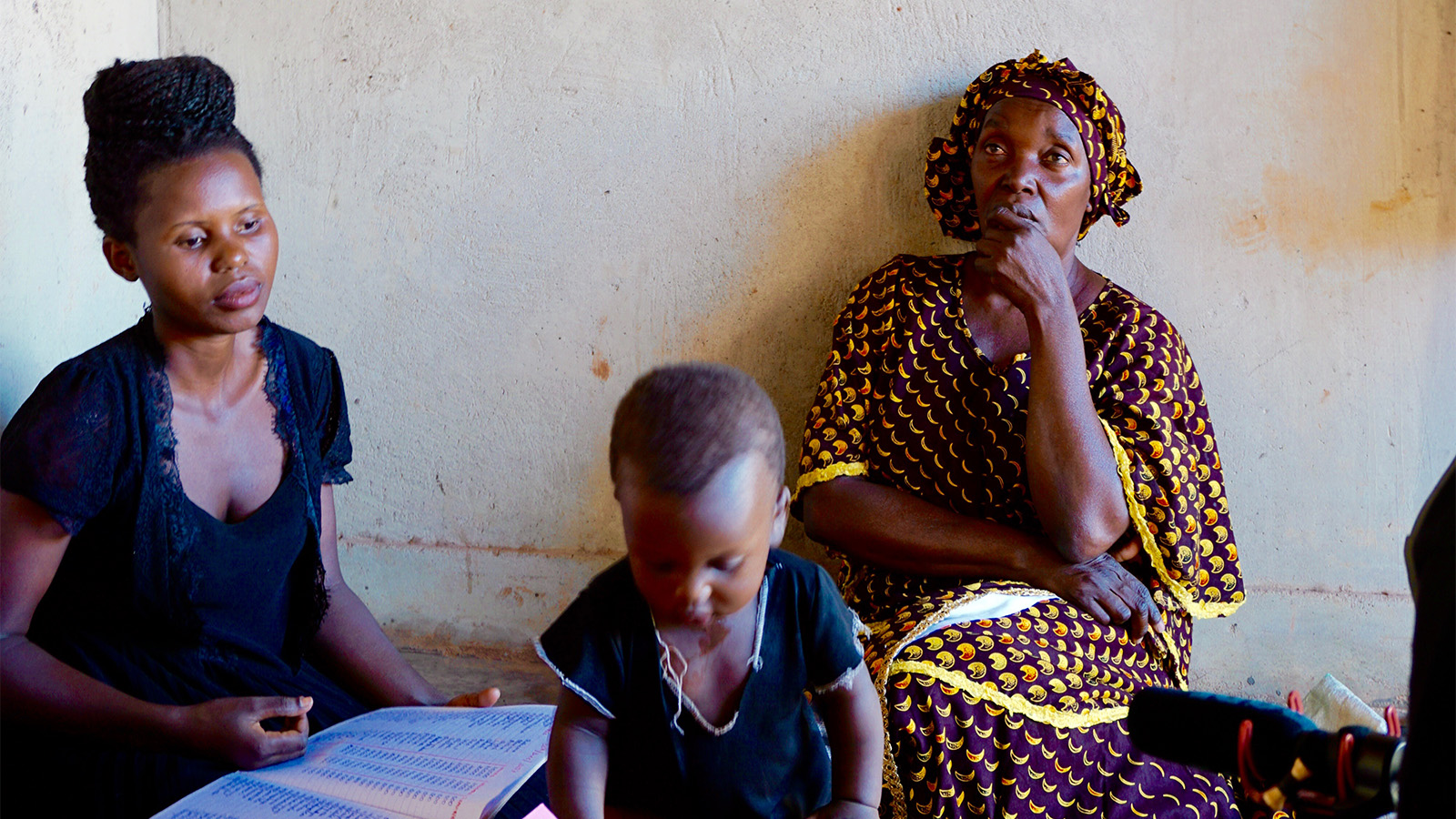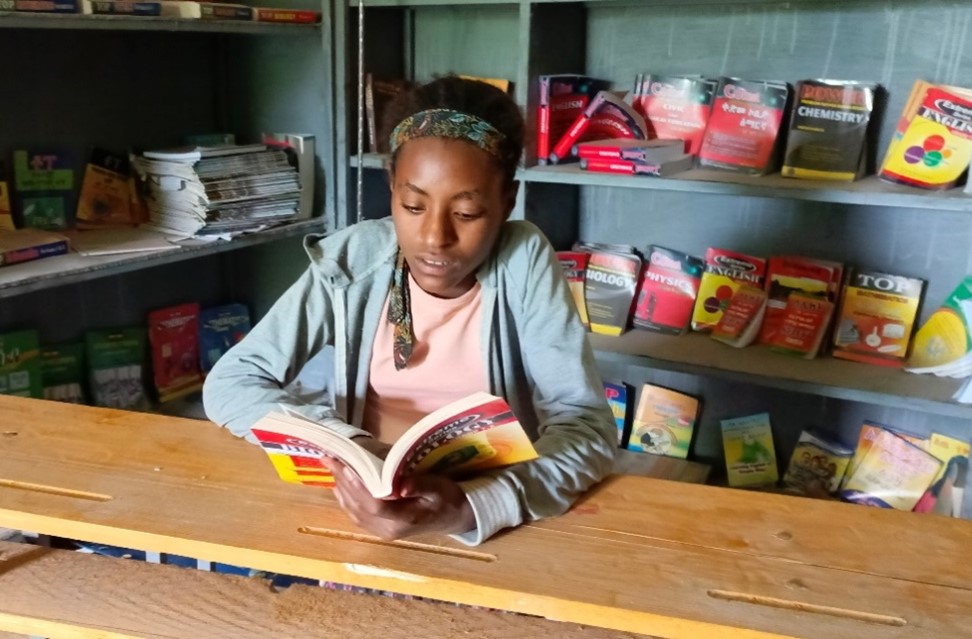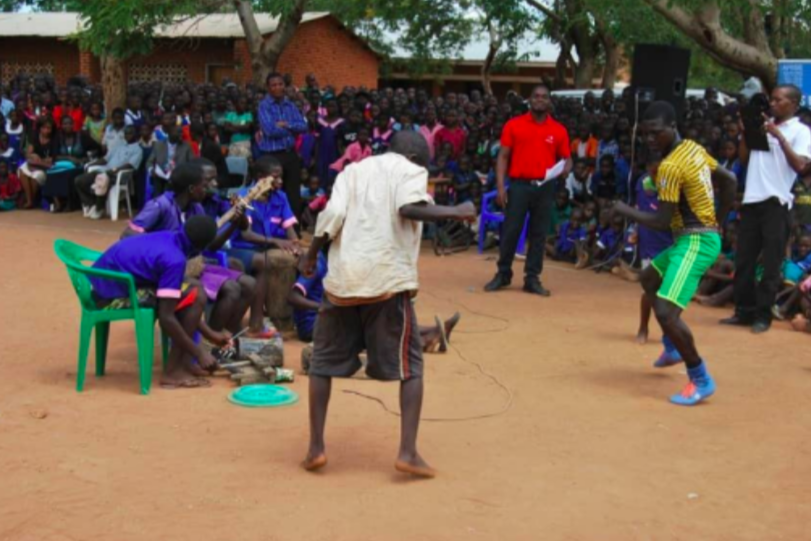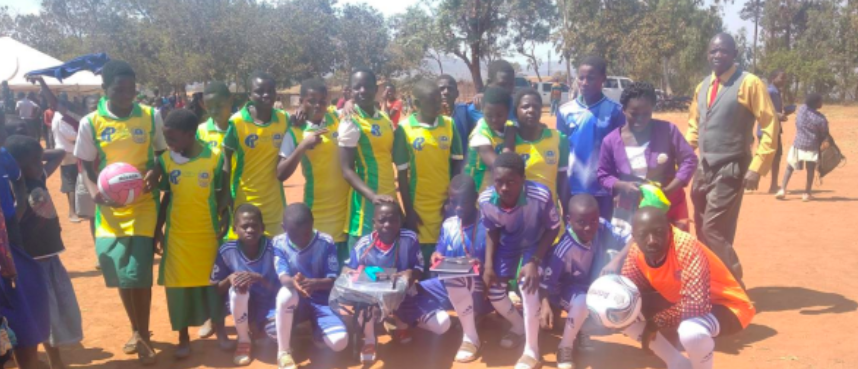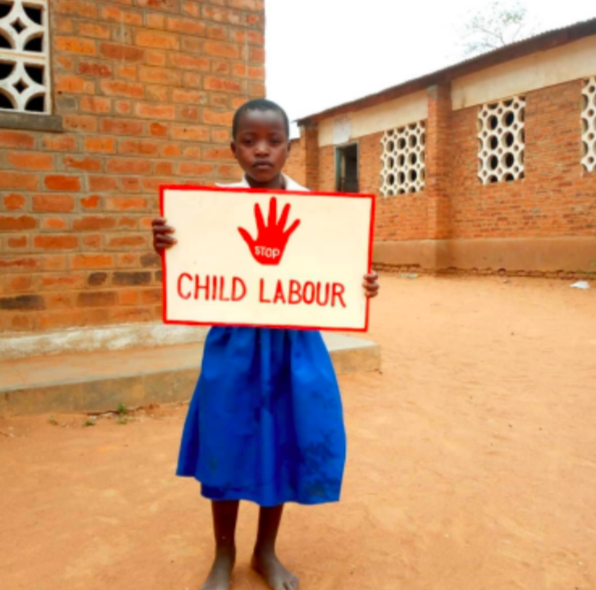A story about Nakabugo Kasifah, a single mother whose children were engaged in child labour. Joining the saving group and sending her children to the bridge center meant the start of her economic independency and the integration of her children into formal education.
The children returned to school on a Monday. It was one of the happiest days for my family so far – Kasifah
Kasubi
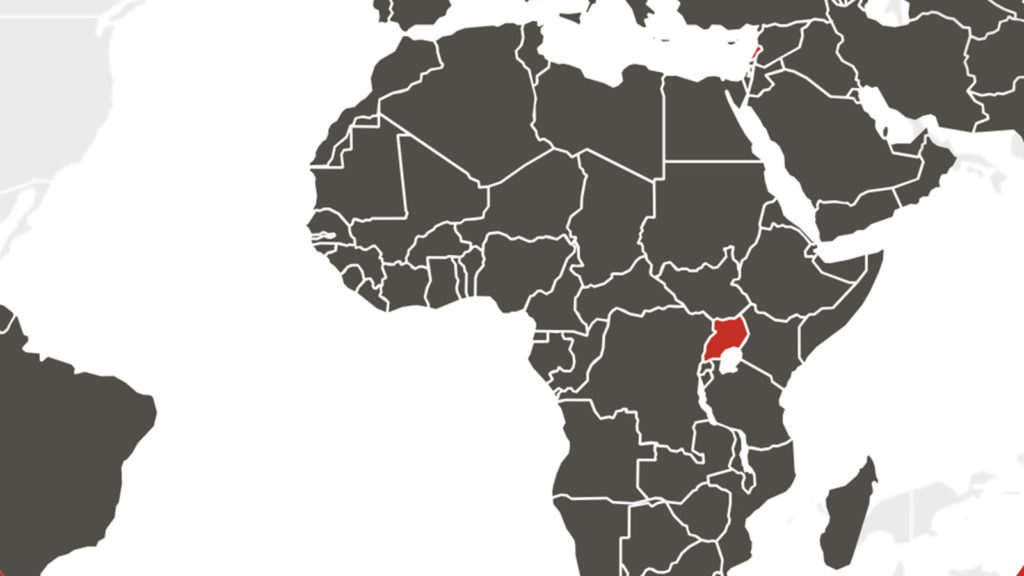
Kasubi slum is only 3 kms from Kampala capital city center. Yet the slum is characterized with vulnerability to multiple shocks and risks for instance insecure and cramped shelter, very poor sanitation facilities, food insecurity, and lack of public education and health services. A high proportion of the population is young and un(under)employed and female headed single-parent families predominate. Women work for long hours and juggle their time between unpaid care-work as well as poorly paid informal work that is time and labour intensive.
Before the intervention of the project “Out of Work and Into School” child labour was high reflected by household mapping exercise done in 2016 which established that in the 4500 households mapped in Kasubi, 987 children were out of school and engaged in child labour. Residents have difficulty ensuring accountability from state service providers because the slum is considered an illegal settlement. Kasubi has about 12 primary schools and 6 secondary schools but only one primary school is Government aided.
Zero tolerance to child labour
In Kasubi, Nascent RDO worked with key community influencers like local leaders, cultural/religious leaders, landlords, politicians, Government bodies and youth to rally support in creating a norm of zero tolerance to child labour. Using the area based approach to create child labour free zones, the project facilitated the community of Kasubi to assume a joint and communal responsibility of eliminating child labour.
Community members took it upon themselves to follow up any child loitering in the community during school hours whether known or unknown to them. They agreed on community bi-laws written as simple statements and pinned in visible places in the community “Engaging children in child labour is against the laws of this community” The landlords also put restrictions to families who occupy their houses. Jointly, landlords agreed that all families renting their houses must take their children to school or they vacate the houses.
By the end of the project, 477 children went through the bridge center of which 429 went to formal schools and 48 went to vocational schools. 335 children were encouraged to rejoin formal school without going through the bridge center and 313 were at risk of dropping out of school. They were followed up closely and were stabilized in formal school without going through the bridge center.
This success was an effort of many stakeholders and schools within Kasubi who played a significant role to ensure that the community remains a child labour free area. Stop Child Labour is learning from this successful project to adapt the Child Labour Free Zone approach in urban contexts as well.
Village Savings and Loan Associations
A VSLA is a group of people from the community who save money together. It is a trust-based system run entirely by the members themselves. No outside organisation or bank is involved in the saving or lending. A VSLA group has a maximum of thirty members though some groups have more, so it is manageable to handle and everybody knows and trusts each other. The group meets every week, and its members can save money and borrow money. The amount of money you can save varies from group to group, and is based on its members’ earnings. New members receive training to learn how to run a VSLA. In order to join a VSLA, there is one important rule: your children have to go to school.
The money goes into a big box with a number of locks on it. For every lock, there is a key holder. That means that all key holders must be present in order to open the box.
Interesting is the successful establishment of Village Savings and Loan Associations (VSLAs) in the urban setting of Kasubi since the concept has mostly proven its effectiveness in rural areas. In Kasubi, the VSLAs have led to more social cohesion and trust building.
Nascent taught me and other women to save, borrow and invest in our own businesses. My savings enabled me to pay school fees. – Kasifah
Today in Kasubi and neighboring slums
Because of the spillover impact in the neighboring slums, the project has now extended to two villages in Lubya. On a daily basis, Nascent RDO navigates the urban slum and cultivates the norm of zero tolerance to child labour. This story shows that the CLFZ approach is possible in urban areas as well. Local leaders have pledged support to the project, placing posters in their communities saying: “All children in our zone must be in school”.
